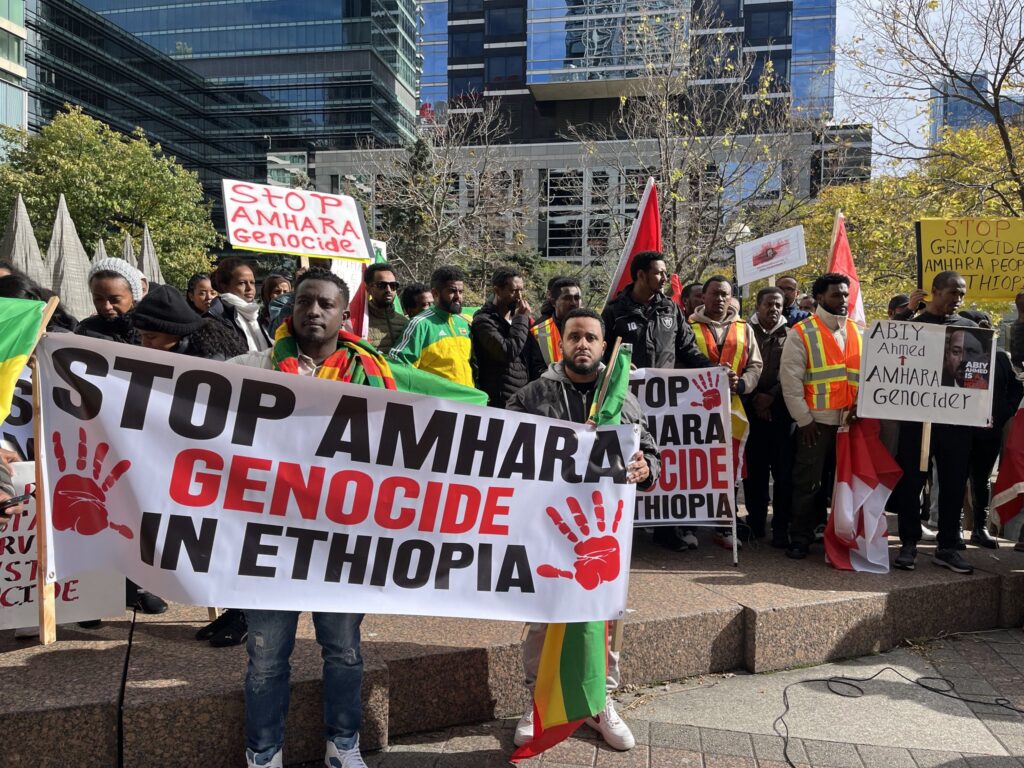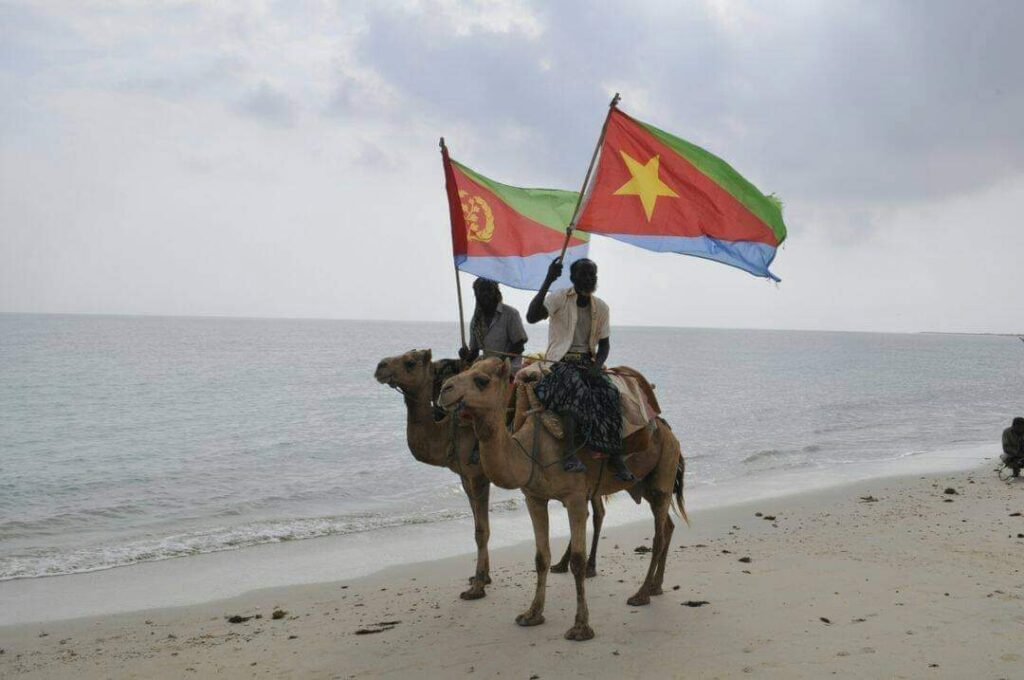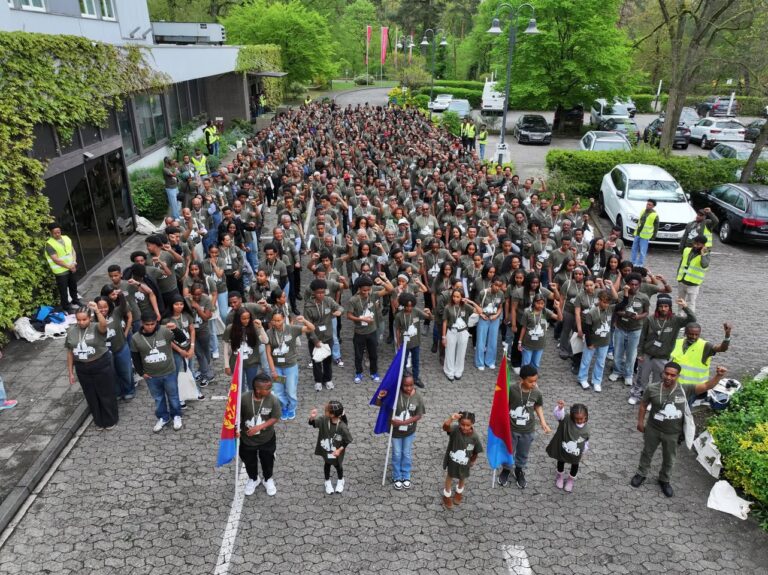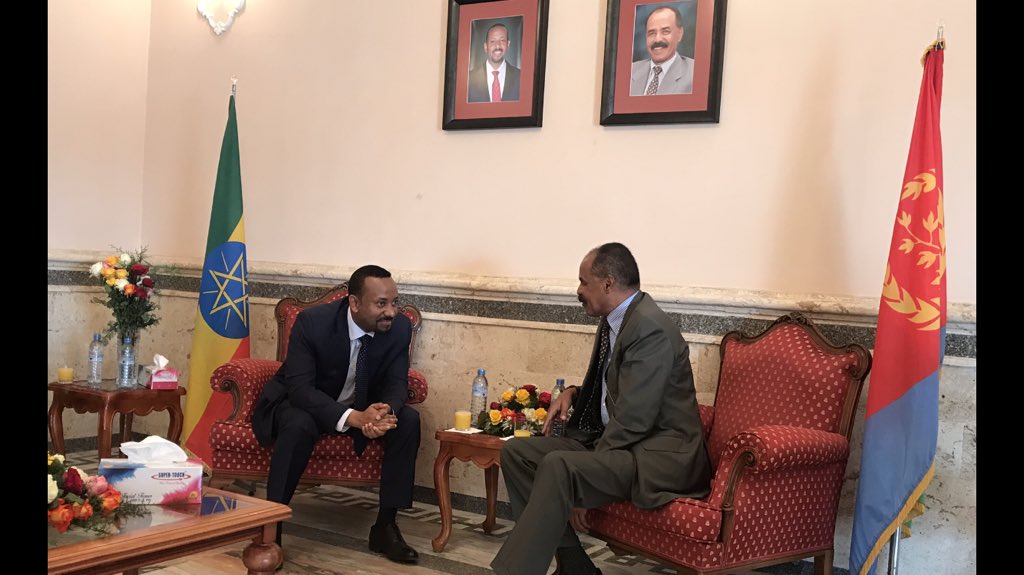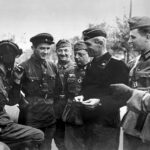In March 2025, German authorities conducted raids across six states targeting members of Brigade N’Hamedu, a group accused of plotting to overthrow the Eritrean government. This operation sheds light on the complex interplay between Eritrea’s internal repression, its diaspora’s activism, and international security concerns.
Reasons Behind the Alleged Coup Plot
Eritrea, under President Isaias Afwerki since 1993, is often described as one of the world’s most repressive regimes. The government’s authoritarian practices, including indefinite national service, suppression of dissent, and lack of political freedoms, have led to widespread discontent. These conditions have fueled opposition movements, both domestically and among the diaspora, seeking political change.
Forces Behind the Plot
The primary group implicated is Brigade N’Hamedu, described by German prosecutors as a terrorist organization aiming to overthrow Eritrea’s government. Active since at least 2022, the group has been involved in violent incidents at Eritrean government-linked events in Europe. Some members have considered violence against German state institutions and police officers as legitimate, indicating a broader radicalization beyond Eritrean politics.
Stakeholders and Their Interests
- Eritrean Government: Maintains a tight grip on power and views diaspora opposition as a threat to its legitimacy.
- Eritrean Diaspora: Divided between supporters of the regime and opposition groups advocating for democratic reforms.
- European Governments: Concerned about the spillover of Eritrean political conflicts into their territories, especially when it leads to public disturbances and challenges to domestic security.
Links to Internal and External Factors
- Internal Factors: The Eritrean government’s repressive policies have led to widespread dissatisfaction, prompting opposition movements to seek change from abroad.
- External Factors: The presence of a significant Eritrean diaspora in Europe provides both a support base for opposition groups and a stage for internationalizing their cause. Additionally, the global community’s limited engagement with Eritrea’s internal issues may compel opposition groups to take matters into their own hands.
The situation underscores the challenges of transnational political activism and the importance of addressing the root causes of dissent within Eritrea. It also highlights the need for international cooperation in managing the security implications of diaspora-led opposition movements.
Brigade N’Hamedu appears to focus its activity on both symbolic and operational targets linked to the Eritrean government and its global support networks, with growing evidence of a willingness to confront host state institutions. Their main targets include:
1. Eritrean Government Events and Institutions Abroad
- Targets: Cultural festivals, diplomatic events, and diaspora gatherings perceived to be government-sponsored.
- Purpose: To delegitimize and disrupt events that project a positive image of the Afwerki regime or serve to recruit/demoralize exiles.
- Examples: Violent clashes at Eritrean government-linked festivals in Stuttgart (2022) and Giessen (2023).
2. Pro-regime Eritrean Diaspora Figures
- Targets: Community leaders or organizers seen as proxies for Asmara’s authoritarian rule.
- Purpose: Intimidate and discredit regime supporters; dismantle surveillance or propaganda structures within the diaspora.
🎯 3. Intelligence and Surveillance Apparatus
- Targets: Informants or networks embedded within the diaspora community that report to the Eritrean government.
- Purpose: Counter alleged espionage and maintain operational secrecy.
🎯 4. (Potentially) German State Institutions
- Emerging Threat: German prosecutors stated some Brigade members considered violence against German police or public authorities legitimate if they intervened in actions targeting Eritrean government affiliates.
- Implication: The group may shift from exclusive anti-Eritrean operations to confrontations with Western institutions perceived as obstructing their cause.
🎯 5. Recruitment and Radicalization in the Diaspora
- While not a “target,” the group seeks to mobilize and radicalize Eritrean youth in Europe disillusioned by repression at home and perceived impunity abroad.
In essence, Brigade N’Hamedu aims to undermine the Eritrean regime’s legitimacy, dismantle its external support structures, and protect the diaspora from regime influence—through both political activism and, increasingly, violent means. Their escalation risks placing them on a path toward broader extremist categorization unless checked or politically engaged.
there is no publicly confirmed or identifiable leader of Brigade N’Hamedu inside Eritrea. This is primarily due to three critical factors:
1. Highly Clandestine Structure
- The group operates as a cell-based or decentralized network, especially in the diaspora.
- This structure is designed to avoid surveillance by Eritrean intelligence services and Western law enforcement.
2. Primary Activity in the Diaspora
- Most known actions attributed to Brigade N’Hamedu have taken place in Germany, the Netherlands, and other European countries, not inside Eritrea.
- The group appears to be diaspora-led, possibly due to the impossibility of organizing openly inside Eritrea, where dissent is crushed.
3. No Clear Connection to Internal Opposition Forces
- While there are armed opposition movements inside or near Eritrea (e.g., Red Sea Afar Democratic Organization, or some Tigray-based groups), Brigade N’Hamedu does not have an established link to any of them—at least publicly.
- It’s unclear if the group receives covert support or direction from within Eritrea, but current intelligence suggests it is more likely influenced by exiled political actors.
Possibilities (Unconfirmed):
- The group may have loose ideological or familial ties to anti-Afwerki elites or defectors, but not an operational commander inside the country.
- If there is a leader in Eritrea, they are intentionally obscured, potentially due to life-threatening risks under the authoritarian regime.
The anti-Afwerki elites are a small, often fragmented group of former Eritrean government or military officials, political dissidents, and exiled intellectuals who have turned against President Isaias Afwerki, Eritrea’s authoritarian ruler since independence in 1993. While most have been silenced, exiled, or imprisoned, several figures and factions continue to resist his rule from abroad or in secret.
Here’s a breakdown of key segments of the anti-Afwerki elite:
1. Former EPLF Commanders and Politicians
These are individuals who once fought with or alongside Afwerki during the Eritrean War of Independence but later opposed his concentration of power.
- Petros Solomon – Former Foreign Minister and a leading figure in the EPLF. Arrested in 2001 as part of the reformist G-15 group. Still imprisoned.
- Mesfin Hagos – Former Minister of Defense and EPLF commander. Now in exile, openly critical of Afwerki and supports regime change.
- Haile Woldetensae (Durue) – Former Minister of Trade and Industry, also part of the G-15. Arrested in 2001, presumed still detained or dead.
2. G-15 Reformists
This group of high-ranking government officials wrote an open letter in 2001 calling for democratic reform and constitutional governance.
- Most were arrested; a few (like Mesfin Hagos) fled abroad and became vocal critics.
- The G-15 is symbolic of the first major elite defection from within Afwerki’s inner circle.
3. Military and Intelligence Defectors
A few senior officers have defected over the years, disillusioned with:
- The endless militarization of society.
- Afwerki’s interference in regional wars (e.g., Ethiopia, Tigray).
- Lack of rule of law and economic collapse.
Their names are often kept confidential for security reasons, but they reportedly provide logistical or intelligence support to opposition groups in Sudan and Ethiopia.
4. Exiled Intellectuals and Technocrats
These include former diplomats, academics, and professionals who have become part of the diaspora opposition.
- Many now operate from Europe, the U.S., or Ethiopia.
- They participate in media campaigns, diaspora activism, and sometimes coordinate with armed or political opposition.
5. Opposition Parties Linked to Elites
Some groups claim legacy or leadership from ex-regime elites:
- Eritrean National Salvation Front (ENSF) – Includes some ex-ELF and EPLF members.
- Eritrean People’s Democratic Party (EPDP) – Formed from former PFDJ dissidents.
Summary
While the anti-Afwerki elite is politically weakened and divided, they:
- Serve as symbols of defiance against the dictatorship.
- Provide strategic knowledge, legitimacy, or external coordination to resistance groups.
- Could play a key role in post-Afwerki transition scenarios, if they can overcome internal divisions.
If a leader exists inside Eritrea, they remain in deep cover—and current intelligence suggests leadership is centered in exile, particularly Germany or Switzerland.
